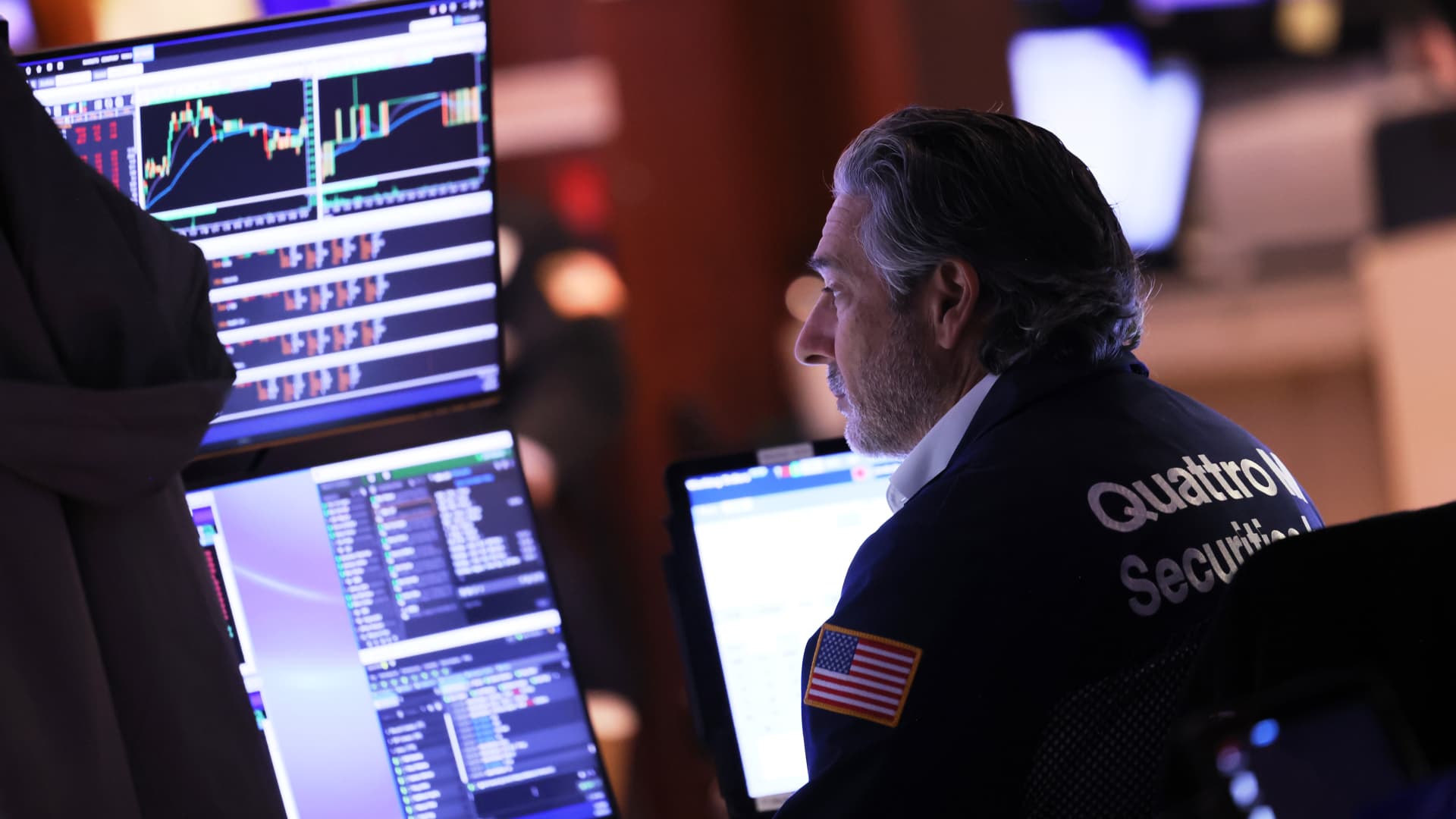This report is from today’s CNBC Daily Open, our new, international markets newsletter. CNBC Daily Open brings investors up to speed on everything they need to know, no matter where they are. Like what you see? You can subscribe here.
What you need to know today
Battered markets
U.S. markets traded mixed Monday, with the Dow Jones Industrial Average the only major index to dip. The small-cap Russell 2000 turned negative for the year. Asia-Pacific markets fell Tuesday. Japan’s Nikkei 225 lost 1.65%, Australia’s S&P/ASX 200 retreated 1.36% and Hong Kong’s Hang Seng Index slumped 3.25%, leading losses. The HSI was dragged down by the real estate and energy sectors.
Firing up demand for gas
Southeast Asian countries are poised to be prime markets for liquified natural gas by 2030, said industry watchers. Vietnam, in particular, is seen as a main driver of demand because of the government’s power plan for the decade that prioritizes imported LNG for energy generation. Conversely, analysts expect Europe’s demand for LNG to peak in 2027.
The Pound pounded
The British pound fell 3.75% against the U.S. dollar in September, its worst month for a year. It’s currently trading at 1.20 to the dollar, but Goldman Sachs strategist Michael Cahill thinks it’ll drop below that figure because the Bank of England — which left rates unchanged at its last meeting — has expressed a dovish tilt recently.
Trapped in the ‘Google web’
“Everybody talks about the open web, but there is really the Google web,” Microsoft CEO Satya Nadella testified in federal court as part of the U.S. government’s antitrust trial against Google. Nadella was referring to the way publishers often cater their content and advertising to Google’s products, reflective of the sway Google has over web publishing.
[PRO] Irrational fears
An irrational fear is making shares of this money manager look cheap, said a value investor. That’s a great bargain for a firm that’s a “phenomenal business,” and whose shares might rise up to 40%, according to one analyst.
The bottom line
Markets were relieved over a stopgap bill that allows the U.S. government to continue functioning for 45 days. But they grew more anxious over ever-increasing Treasury yields — both the 2-year and 10-year yield increased about 0.1 percentage points. Markets, as a result, teetered between the green and the red.
The S&P 500 was unchanged, the perfect symbol of dancing on that knife’s edge. The Dow Jones Industrial Average declined 0.22%, but the Nasdaq Composite advanced 0.67% for its fourth consecutive day.
But it’s the Russell 2000 index to which investors should pay attention. The index fell 1.6% Monday, dragging down its year-to-date performance to negative 0.2%. In other words, the Russell 2000 turned negative for the first time in 2023.
Why does that matter to investors?
A quick background on the index. It comprises 2,000 small companies — the average market capitalization of a firm on the Russell 2000 is $2.98 billion, as of Aug. 31. (By contrast, a firm must have a market capitalization of at least $14.5 billion to be added to the S&P 500.)
Compared with the S&P’s year-to-date increase of 11.69%, the Russell 2000’s loss underscores how gains have been concentrated in mega-caps this year.
More significantly, investors think the Russell 2000 more accurately reflects the state of the U.S. economy. Smaller firms are more exposed to macroeconomic conditions. They don’t have the humongous cash reserves of Apple to help them sit out tumultuous times, for instance, or have pricing power to increase margins even as inflation bites.
The implication’s that the Russell 2000’s year-to-date loss portends further declines for stocks later in the year, as economic conditions catch up with bigger firms.
But Paul Hickey, co-founder of Bespoke Investment Group, doesn’t think that’s necessarily the case. Financials comprise much of the index, Hickey said, which makes the Russell 2000 more sensitive toward higher interest rates.
“So if you put all those factors together, I wouldn’t say that the Russell 2000 is a canary in the coal mine,” said Hickey.
A canary the Russell 2000 might not be, but a cautionary tale it definitely is.
— CNBC’s Hakyung Kim contributed to this report

